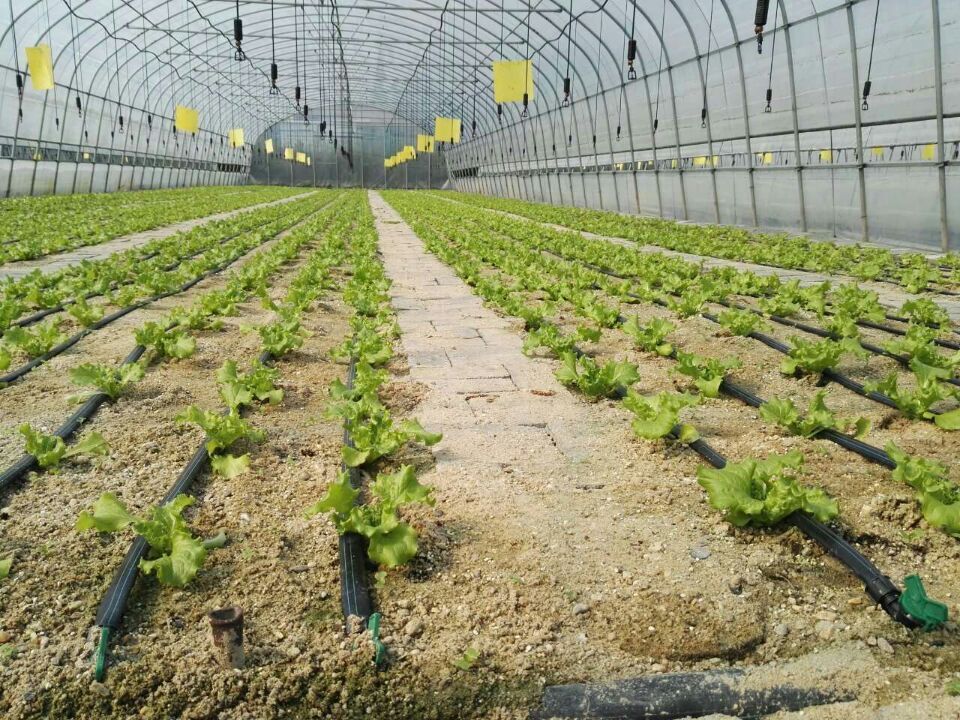Advantages of drip irrigation
1. The effective water utilization rate is high. Under drip irrigation conditions, the irrigation water wets part of the soil surface, which can effectively reduce the ineffective evaporation of soil water. At the same time, because drip irrigation only wets the soil near the roots of the crop, the soil moisture content in other areas is low, so it can prevent the growth of weeds. Third, the drip irrigation system does not produce ground runoff, and it is easy to grasp the precise water application depth, which is very water-saving.
2. After drip irrigation with low environmental humidity, the soil root system is well-permeable. By injecting fertilizer in the water, it can provide enough water and nutrients to keep the soil moisture in a stable and low suction state that can meet the requirements of crops. The ground evaporation in the irrigation area is also Small, this can effectively control the humidity in the protected area, greatly reduce the frequency of crop diseases and insect pests in the protected area, and also reduce the amount of pesticides applied.
3. Improve the quality of crop products. Because drip irrigation can provide timely and appropriate water and fertilizer, it can increase the yield of crops and improve the quality of agricultural products, so that the commodity rate of agricultural products in the protected area is greatly increased, and the economic benefits are high.
4. Drip irrigation has strong adaptability to terrain and soil. Because the dripper can work within a larger working pressure range and the discharge of the dripper is uniform, drip irrigation is suitable for land with undulating terrain and different types of soil. At the same time, drip irrigation can also reduce cultivating and weeding without causing soil compaction on the ground.


